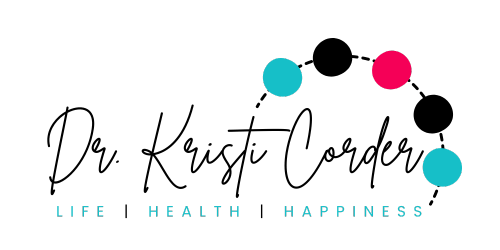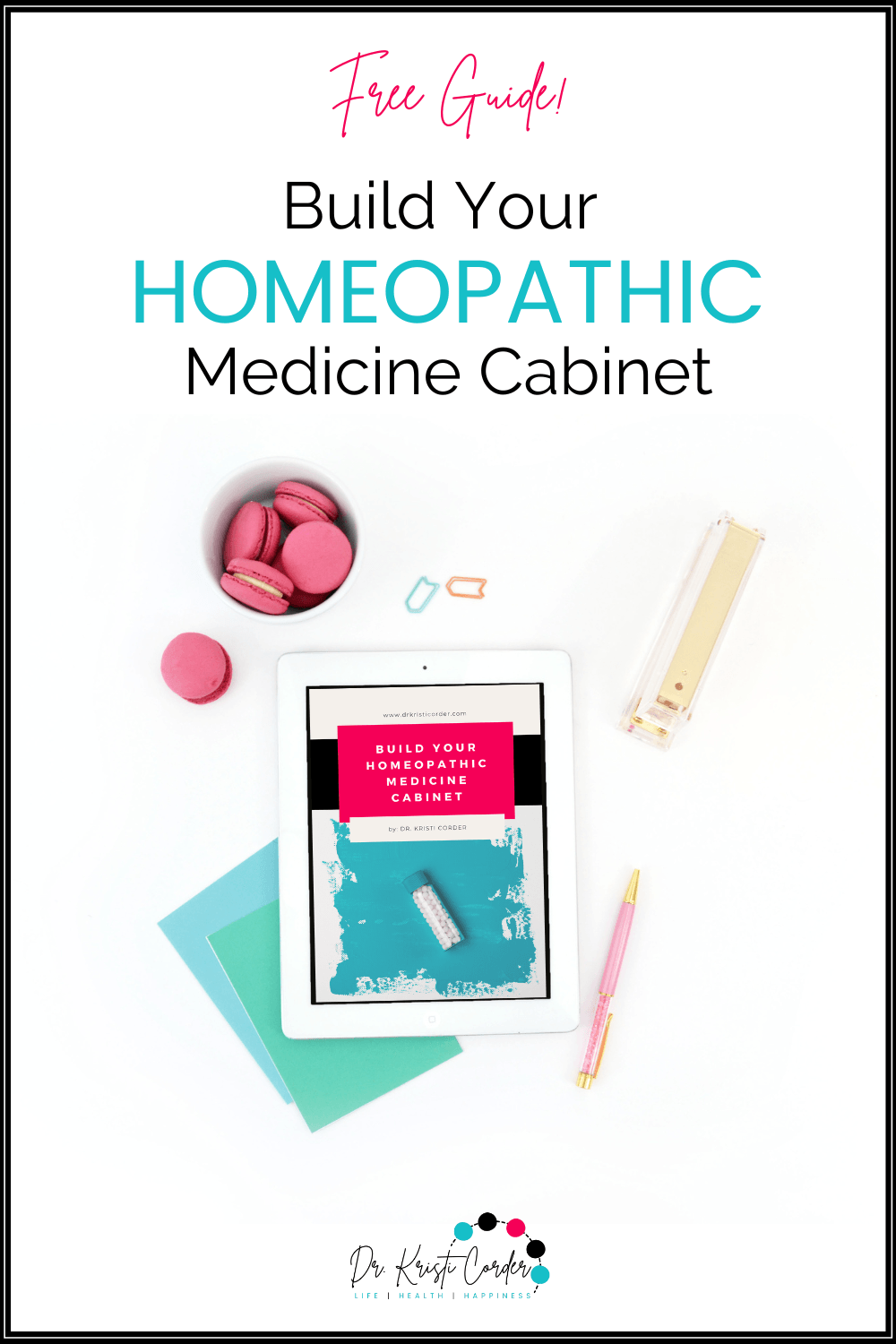History of Homeopathy
This post may contain affiliate links.
Click here to read my affiliate policy.

Do you know what's special about April?
It's Samuel Hahnemann's birth month!
Who is Samuel Hahnemann you ask? He's the founder of homeopathy.
And do you know what's crazy?
It's my birth month too!
And do you know what's even crazier?
Samuel Hahnemann and I share the SAME birthday. That's right! We were both born on April 10th...though he was born in the 1700s and me in the 1900s.
So you might say that I am a little excited to share with you a brief history of my current profession.
As with the history of anything, it can be quite....BORING...so I'll do my best to make it somewhat interesting.
Who is Samuel Hahnemann?
Christian Friedrich Samuel Hahnemann was born in Germany in 1755.
He was very well studied as he grew up and mastered 6 languages by his early 20s. This came in handy and he later began translating medical texts to earn a living.
His primary interest was studying chemistry. This eventually led him to enroll in medical school and graduate with honors by age 24.
He married his first wife, Johanna, in 1782 and with her had 11 children during their life together.
In 1784, Hahnemann became disgruntled with his profession realizing that the medical practices of his day were doing more harm than good for the patients. (Hmmm...sounds familiar.) This made him give up his practice completely to focus only on chemistry and writing.
I like to think of the Hahnemann family as nomads...like me. They moved from place to place every few months, and as a matter of fact, they lived in 14 different towns over a period of just 12 years.
Where does Homeopathy come in?
In 1790, Hahnemann was translating Dr. William Cullen's Materia Medica. Cullen was defending the use of Cinchona (aka Peruvian Bark or China officinalis) by the medical profession for the successful treatment of malaria. His opinion was that it was such an effective treatment because of it's bitter and astringent properties.
Hahnemann's opinion was that there must be something else that made it effective. He knew that there were far more bitter and astringent substances that DIDN'T have the same effectiveness in treating malaria.
So he decided to experiment on himself...a healthy human.
He took a small amount of China twice a day and noted the physical and mental changes that occurred in his body. Cold feet and fingers. Drowsiness. Heart palpitations. Increased pulse. Anxiety. Red cheeks. Fever.
All of these symptoms are ones that may be experienced by someone with malaria. Each time he took more China the symptoms would return. And when he would stop taking it the symptoms would subside.
He deduced that the effectiveness of China on malaria was NOT because of the bitter and astringent properties but instead because this herb creates a similar pathological state in a healthy person as that of someone with malaria.
Brilliant!
For the following few years, Hahnemann experiemented with testing more substances on himself, his family, and a few close followers. These experiments later became known as homeopathic provings. (Think you'd like to be part of those experiments?)
It was in 1796 that Hahnemann first started writing about his new found philosophy of medicine, and in 1807 he first used the term "homoeopathy".

Further development of homeopathy
For years, Hahnemann was dedicated to developing homeopathy and teaching on this new system of medicine. He had students who were eager to learn under him and those close followers who worked as provers for many more medicines.
He had successes in treating such diseases as scarlet fever, typhoid fever, and cholera. He wrote important homeopathy books like The Organon, his "symptom dictionary" that today we'd call a repertory, and his Materia Medica Pura. And he continued to use his knowledge of chemistry to make his own medicines.
But it wasn't all success along the way. Hahnemann ran into his fair share of trials.
In 1806, he was banned from dispensing his own medicines and in turn had to leave the city he was living in at the time.
In 1822, Constantine Hering set out to disprove everything about homeopathy. (Spoiler alert...he became one of the biggest advoactes of homeopathy and prover of over 70 medicines.)
And in 1830, his first wife passed away. They had been married for 48 years.
Hahnemann's later life
Hahnemann (age 79) remarried about 5 years after the passing of his first wife...and quite the scandal it was.
I don't know if it really was scandalous at the time, but thought I'd try to spice things up for you a bit.
Melanie was a young 33 year old from a very well to do family in Paris. She actually dressed up as a man to travel and seek out the help of Samuel Hahnemann. She went from being a patient, to a student, to his wife just in a few short months.
After marrying, the couple moved back to Paris where Hahnemann had a thriving practice until he died at the age of 88.

Hi! I'm Dr. Kristi!
I’m a wife, mom, and alternative health care practitioner. I like to live a little differently and go against the grain.
I consult with people of all ages who are looking to ditch the drugs for alternative methods of healing. But I’m most passionate about teaching parents how to care for their kids illnesses at home using homeopathy and other alternative health care practices such as nutrition, natural remedies, minimalist ideas, and more. I’m completely obsessed with ice cream, waterfalls, and all things travel related.
Disclaimer: The entire contents of this website are based upon my own opinions unless otherwise noted. I am not a medical doctor and the information on this website is not intended to be a substitute for professional medical advice, diagnosis, or treatment. It is intended as a sharing of knowledge and information from my research and experience. I encourage you to make your own health care decisions based upon your research and in partnership with a qualified health care professional. If you are pregnant, nursing, taking medication, or have a medical condition, consult your health care professional before using products based on this content.
The information on this website has not been evaluated by the FDA and is not intended to diagnose, treat, cure or prevent any disease.
By using this website, you agree to abide by this disclaimer as well as the Terms of Service, Disclosure Policy, and Privacy Policy.
Copyright 2023 | Dr. Kristi Corder | All Rights Reserved






